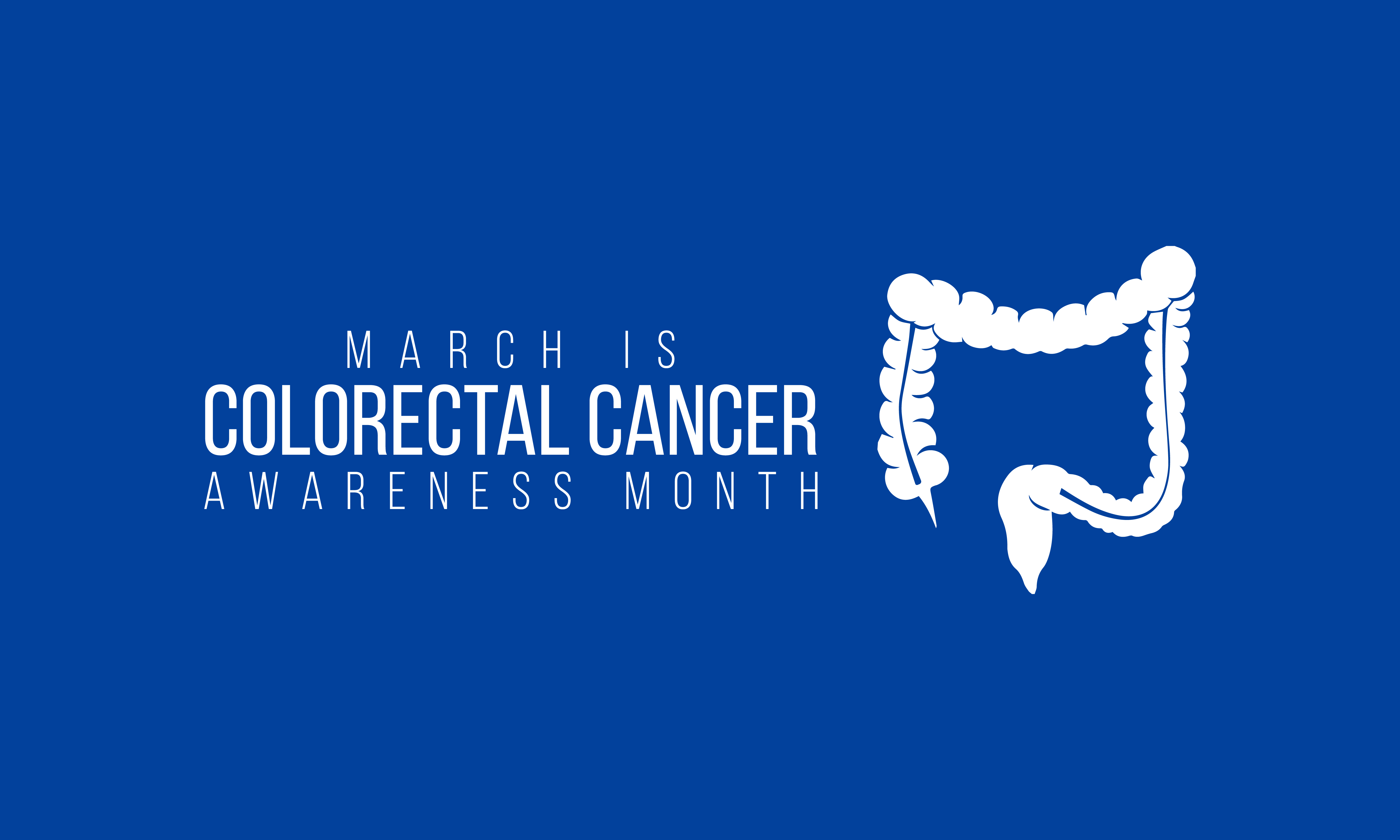Brain Injury Awareness Month: You are not alone
Every year, 2.5 million Americans survive a traumatic brain injury and attempt to continue their lives. Beyond new incidents, 5.3 million Americans live with a brain injury. Brain Injury Awareness month seeks to educate the public about TBI prevention and the needs of those affected and their families.
The Brain Injury Association of America developed a campaign called “Not Alone,” focused on showing the effects to the public as well as to empower survivors and promote the support available.
TBIs can leave the injured person feeling lost. Even if it’s been days, weeks or months, side effects may linger and effect performance in different areas. Many people will hit their head in a car accident, on the playing field or after a fall and feel out of it, even after returning to normal activities. Headaches, difficulty remembering and concentrating and noise sensitivity are common continued symptoms.
These last issues can cause people to isolate themselves and possibly not seek the help needed. By letting the TBI community know they are not alone in their struggle, the stigma will be removed and more will speak up about their suffering.
From mild concussions to life-threatening injuries, a TBI disrupts the day-to-day functions of the brain and can be a burden. Some recover quickly while others endure the symptoms for months. With every TBI sustained, the brain takes longer to recover.
TBI symptoms typically fall into four categories: sleep, physical, emotion/mood and thinking/remembering. Each experience is varied, but many sleep longer or shorter than usual and have trouble falling asleep. People may feel exhausted, have a headache or vomit early after the impact. Emotions will run high, leaning toward nervousness, irritability or sadness.
Unless a person is aware of these symptoms, a slight bump to the head may leave them with months of problems with no solutions. Not every TBI is obvious, making it important to understand the aftermath.
The NFL concussion litigation represents these long-term issues that develop if repeated TBIs occur. Every season, football players undergo many jarring blows to the head, contributing to problems that emerge years after retiring. Many experience mood swings, memory loss and depression. Several players took their lives after living with chronic traumatic encephalopathy (CTE), a neurodegenerative disease caused by repeated concussive or sub-concussive blows.
This March, learn to recognize the symptoms and ways to prevent a TBI. If you’re suffering from the long-term issues, remember you are not alone. Find help today.



